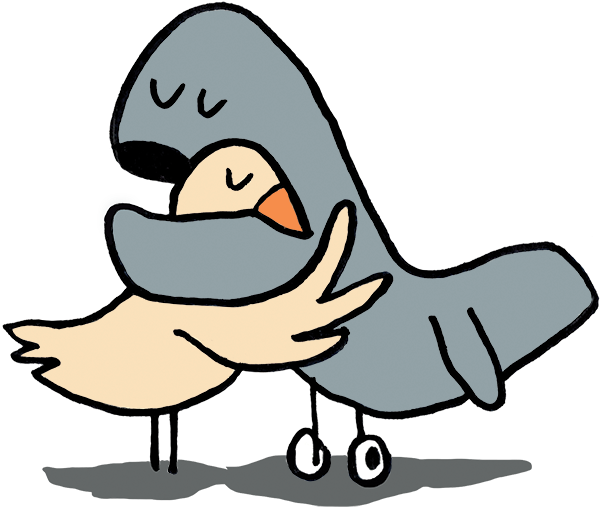Oceans are for Fish
Although we often talk about our environmental impact in the skies, we make just as much of an impact in the water. Plastic, which breaks down into imperceptible microplastics, permeates the ocean and contaminates sea life. But any community with an ocean view can flip the script on plastics and help keep the oceans clean.
On a sunny Saturday in January, TROA collected 62 volunteers and together, we joined Clean Miami Beach to learn about plastic waste and clear it from our local waterway, Miami Beach. In just a few hours, we picked up 291 pounds of trash!
Clean Miami Beach founder Sophie Ringel’s weekly clean-ups along the nearly nine miles of Miami Beach turn up trash and plastic every weekend - unfortunately! What’s worse, local wildlife rescue teams routinely find dead manatees, pelicans, and sea turtles dying of plastic-induced starvation. When these animals eat plastic, it lodges in their stomachs and intestines without breaking down, preventing digestion. Although the persistence of the problem and its effects on birds and sea life could get her down, Sophie takes a more holistic approach.
“A beach clean-up is a gateway to environmentalism because you see with your own eyes the footprint we have on this planet,” she told us.
In fact, the educational component of CMB got us thinking about more ways we can change our lifestyle to stop the cycle of waste and ocean degradation before it ever starts. Last year, TROA switched to reusable water bottles in our office, and we began to transition from single-use items to re-usable items. This year, we want to improve by dining in at restaurants instead of using take-out containers, and limiting our plastic at the grocery store by bringing reusable bags and avoiding plastic packaging. One step at a time, we know we can do better.
Sophie reminded us of Theodore Roosevelt’s commitment: “Our wildlife and its habitat cannot speak for itself, so we must, and we will.” And the fish want their ocean back!

